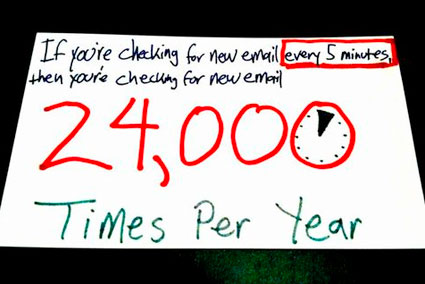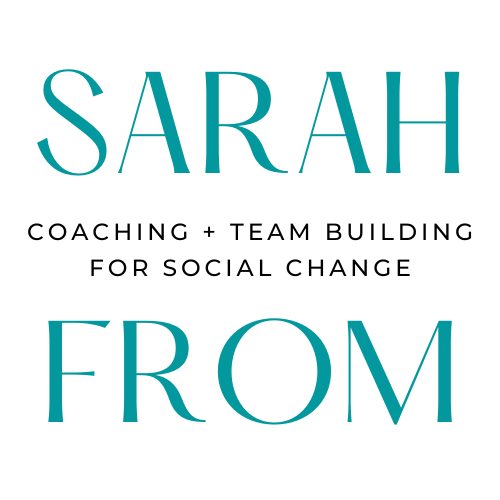 The new year presents an opportunity to revolutionize your relationship with email. Many of us allow email to pile up and overwhelm us in a way that we would never permit to happen with physical clutter.
The new year presents an opportunity to revolutionize your relationship with email. Many of us allow email to pile up and overwhelm us in a way that we would never permit to happen with physical clutter.
The good news is it's not that hard to develop healthier email habits. Here are some ways to start: Start treating your email inbox like an inbox -- not a filing cabinet, calendar or reminder system. Would you keep 10,000 messages on your voicemail if you could? Or allow five years worth of information to pile up in your physical inbox? It's probably not the greatest idea to use your email inbox in this manner either.
The key to an inbox -- any inbox -- is that things come in, and are regularly processed out. About a year ago, I went from 36,000 emails in my work inbox to ZERO. Productivity guy Merlin Mann has written and spoken about how to do this -- his system is called -- wait for it -- Inbox Zero.
Unsubscribe from junk mail clutter. As a Gmail user, I find that I get very little spam. Most of the "junk mail" I get is from lists I actually signed up for but no longer care about, or from one-time purchases that enrolled me in a lifetime of sale alerts.
Treat this stuff like what it is -- clutter -- and purge it. Rather than ignoring or deleting each message as it comes in, open it, scroll down to the teensy-tiny print at the bottom of the message and hit "unsubscribe." And, when you make online purchases, think twice about opting-in to sale notices and updates.
Use your own email habits to lead by example. Hate getting work emails at 11:30 PM on a Sunday night? Stop sending them yourself. Your colleagues build their expectations about your availability based on how available you make yourself. Most things can wait until morning. Others will catch on.
Be intentional about checking your email. If you are being interrupted by the "ding" of incoming email every five minutes, you are allowing yourself to be interrupted about a 100 times during your work day. Try turning off your automatic email notification for a couple of hours, for a day, or for good.
Check your email when you actually have the time and head-space to process what you'll find in your inbox, and when it won't serve as a distraction from the work you are doing.
What are your best strategies for keeping email under control?

